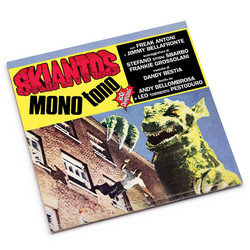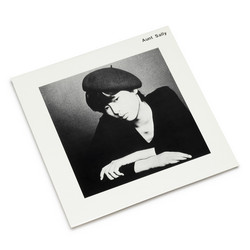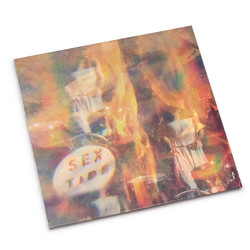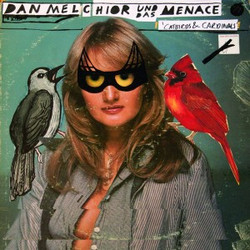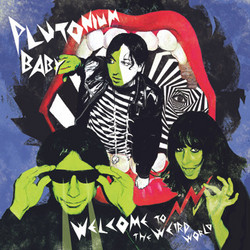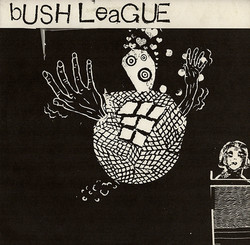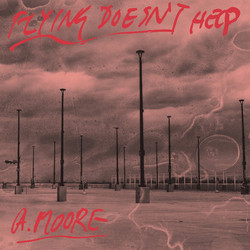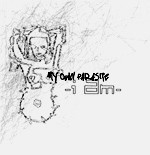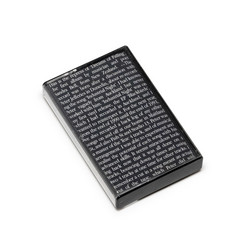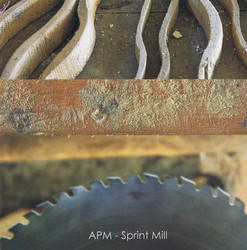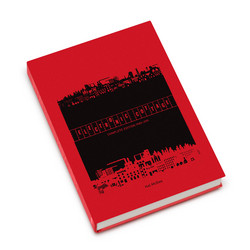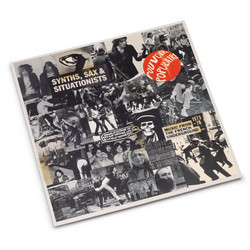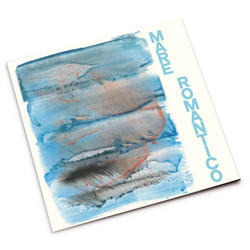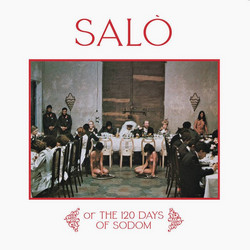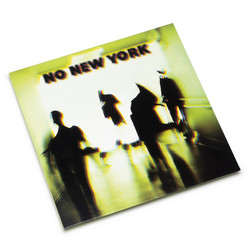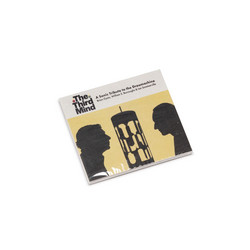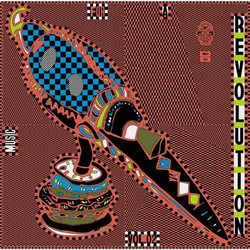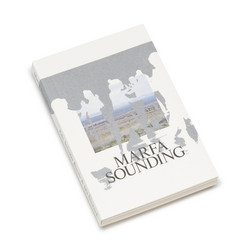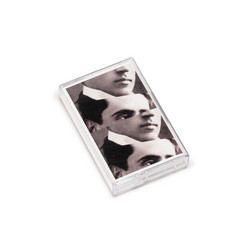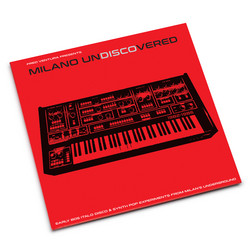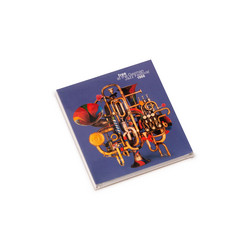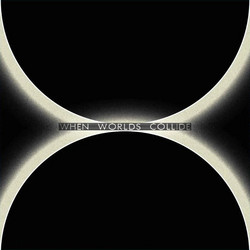Various
Propeller Product Prop 4–1 (2LP)
Long traded and coveted, discussed and debated, Propeller Product’s 1981 cassette compilation finally receives a physical release reflecting its original intention and aim. And this is its Boston origin story: a small collective with a DIY artistic bent, Propeller launched in 1981. Founded as a collaborative taking inspiration from Factory Records and the “pay no more” ethos of DischordRecords and CRASS, Propeller offers an unique window into Boston and the American post-punk underground. Led by Justin Burrill, Michael Cudahy, and Steve Gregoropoulous, alongside a constellation of curious cohorts, Propeller hoped to move beyond Boston’s bluesy bar rock, to say nothing of its nascent hardcore scenes. The Allston-based Propeller bands explored a more angular and inventive musical space.
“Propeller wanted a unified aesthetic,” Cudahy recalls. “I remember having a meeting where we spent over an hour deliberating what typeface to use. I wanted to release a compilation of bands I thought weren’t being done justice.” Existing concurrently with the brawny hardcore acts emerging from the Bay State, Propeller’s influences, execution, and intent offered a 180-degree turn from the alpha male Boston Crew. By contrast, “Punk rock was a refuge,” Cudhay recalls, but just“two years after punk happened and hardcore came along in Boston, it was like, ‘Hey you were the guys who beat me up for being punk and now you’re in a band!’ Propeller was the weird offshoot species.” Propeller’s practice space occupied the very same building as Gallery East, where many Boston hardcore bands played. This was also the location where most of the Prop 4-1 tape was recorded.
Upon its release, Propeller’s cassette-only compilation hit a monumental snag. Because of a manufacturing error almost all of the Propeller Productcassettes were defective, screeching in rotation and making the music largely inaudible. Even the deluxe edition that came with a 24-page cut-and-paste collage booklet housed in an oversized polybag didn’t sound right. Propeller had the music, the artwork, and the vision, but manufacturing, materials, and logistics all failed Allston, until now.

